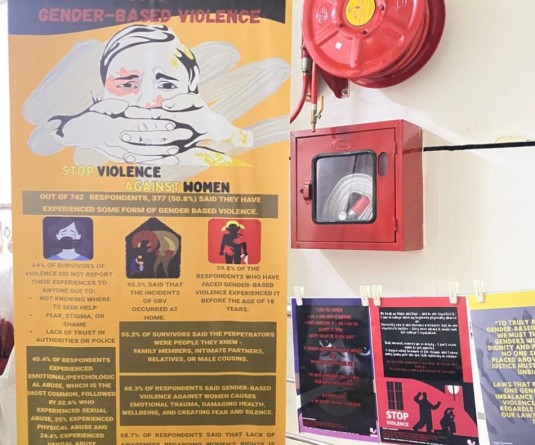
Kohima, March 7 (MExN): The Nagaland Voluntary Consumers’ Organisation (NVCO) has published its study of the impact of RTI in the last ten years in Nagaland since its implementation. The book was published by the Chief Minister of Nagaland TR Zeliang in Kohima on March 5.
A press release from NVCO Press & Media Cell today highlighted few key findings and recommendation for public opinion and suggestions.
NVCO said that there is poor awareness about the RTI. It highlighted there is an urgent need for a concerted and professional approach to increase awareness among the public. In addition, information regarding the RTI Act and its relevance to the people should be imparted along with information about other basic rights, highlighting how the RTI Act can be used to ensure access to these other rights. Dedicated programming on RTI awareness could be broadcast on local TV channels and radio, and also disseminated through social media, it said, adding a module on RTI should be made mandatory in school curriculum. “Perhaps self-help groups SHGs) could be mandated to spread awareness about the RTI Act and facilitate the filing of applications and appeals. Information about RTI should also be displayed outside schools, colleges, bus stops, community halls, etc.” Further, it said it might be useful to train school teachers on the use of RTI Act as in many villages, school teachers are an important source of information and support to village communities.
RThe study also found out that very few RTI applicants were from villages. Therefore, it recommended assessment to be carried out to determine the reasons why there is such poor participation by village populations.
Applicants are often intimated, threatened and even physically attacked when they file an RTI, or as a consequence of their submitting such an application, according to NVCO. In such case where the enquiry establishes the guilt of a person who is a PIO, the Information Commission must impose a penalty which is both appropriate to the case and acts as deterrent to other PIOs, NVCO suggested. If the guilty party is not a PIO, the Information Commission must establish a tradition to the enquiry report to the police, where a cognizable offence is made, or otherwise to the relevant court, and use its good offices (and its moral authority) to ensure that timely and appropriate action is taken, it added.
NVCO further said that nearly 75% of the RTI applications seek information that should have been proactively made public without citizens having to file an RTI application. The organization recommended that the state nodal agencies should direct all Public Authorities to designate one or more PIOs to ensure compliance with all the provisions of Section 4 of the RTI Act. One major constraint faced by PIOs in providing information in a timely manner, according to the study, is the poor state of record management in most public authorities.
Further, it was noted that many PIOs have not received any training on the RTI Act. In this, NVCO recommended that State government and the Information Commission should direct all Public Authorities and training institutions that apart from conducting separate training courses for PIOs/ FAAs and other officers, a module on RTI should be incorporated into all training programmes.
Unlike Nagaland Information Commission, there are huge and growing delays in the disposal of cases in many of the information commissions with pendency of cases growing every month, the NVCO study said. Therefore, NVCO recommended that newly appointed information commissioners must be provided an opportunity to orient themselves to the law and case law.
“There also needs to be standardized format for Information Commission orders that ensures that at least the basic information about the case and the rationale for the decision is available in the order,” it said. Whenever a commissioner is due to demit office in regular course of time (by way of retirement), the government must ensure that the process of appointment of new commissioners is done well in advance so that there is no gap between previous commissioner demitting office and a new one joining in, it added.
Meanwhile, the study pointed out that composition of information commissions across the country has a bias towards retired government servants. It is desirable to have a more balanced composition so that diverse expertise is represented in the commission, it added.






